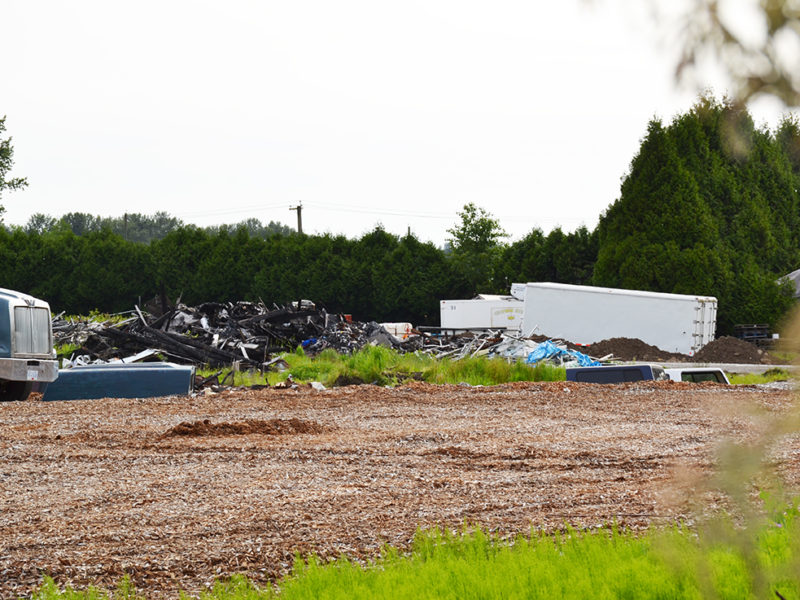Abbotsford has resumed efforts to update municipal agricultural policies, bylaws and regulations, and is preparing a framework for on-going bylaw compliance for ALR lands.
The work was postponed pending the outcome of the province’s initiative in 2018 to revitalize the Agricultural Land Commission and Agricultural Land Reserve. Abbotsford was three-quarters of the way through its work at the time.
A report released October 4 sets the stage for the finalization of Abbotsford’s overhaul of its management of agricultural land, with a fresh approach to bylaw compliance tailored to the specific circumstances of ALR properties being a key part.
Prior to the current review process, Abbotsford Mayor Henry Braun expressed concern about the number of non-complaint activities taking place in the ALR. The new plan calls for targeted action on hot-button issues including truck parking, unauthorized storage and soil deposit and removal. The three issues account for 76% of complaints the city received regarding compliance with ALR regulations between 2016 and 2020.
The city will target these activities with “an awareness campaign, a ‘self-reporting’ grace period, and escalated enforcement for undeclared non-compliance,” including automatic fines.
Since the city cannot constantly monitor ALR properties for compliance, it “will continue to respond to all reports of non-compliance based on priority.”
To pre-empt instances of non-compliance, the city plans to tighten zoning policies and permitting processes. Commercial vehicle dispatch will no longer be a permitted residential use, for example.
In addition, a new farm business licence is proposed for on-farm retail operations larger than 10 square metres within permanent structures. Special event permits are also proposed for events of 50 people or more, recognizing that larger events – such as tulip festivals – can negatively impact farmland.
The document also outlines revisions to policies related to agricultural properties in its Official Community Plan, and updates to zoning bylaw regulations for farming areas.
The latter includes an overhaul of the city’s six existing agricultural zonings and the removal of a minimum lot size for keeping swine, facilitating small-scale meat production.
The city welcomes feedback on the report through November 5.


 Canada’s food security rises
Canada’s food security rises